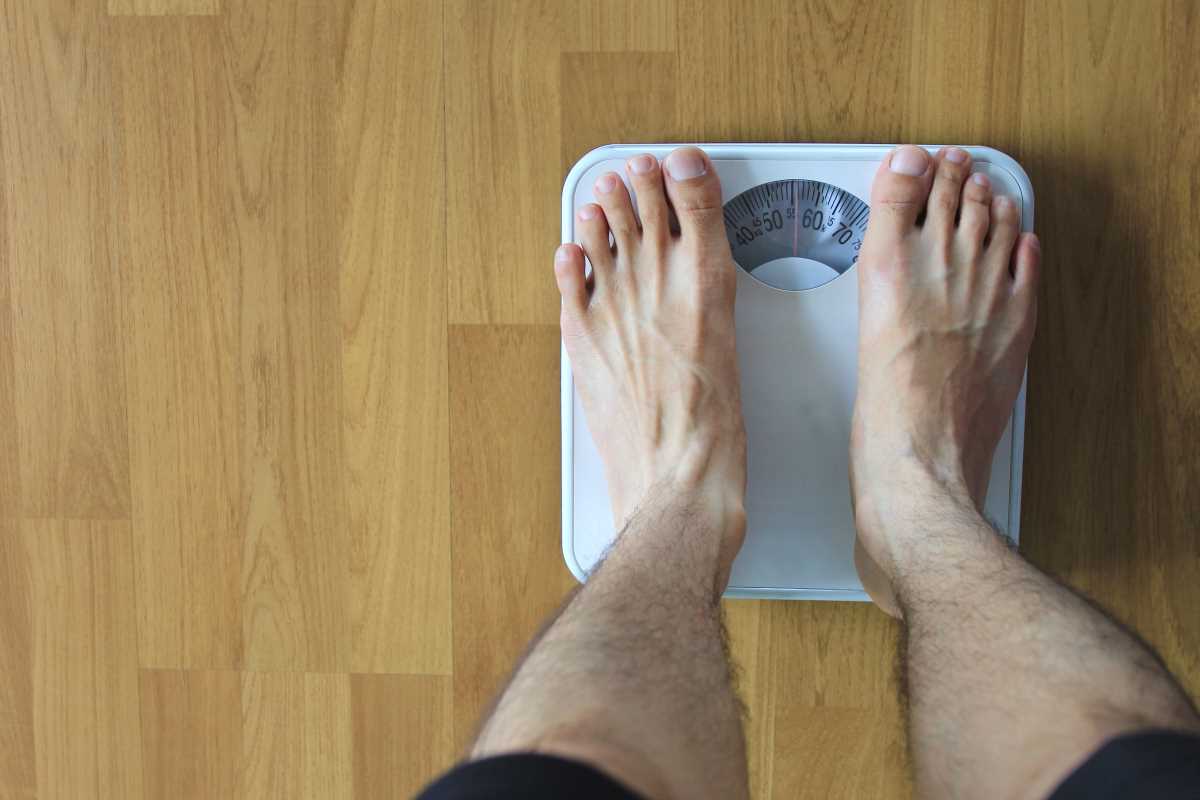Cardiovascular health plays a crucial role in longevity and quality of life, and even small, consistent changes can have a significant impact. Whether you’re young and looking to build lifelong habits or older and focused on reducing risk factors, prioritizing heart health is for everyone. Here’s a deeper look at actionable tips and strategies to keep your heart in top shape, complete with examples and advice for different lifestyles.
1. Regular Exercise for a Stronger Heart
Physical activity is one of the most effective ways to keep your heart healthy. Exercise strengthens the heart muscle, improves blood circulation, and helps regulate blood pressure. The American Heart Association recommends at least 150 minutes of moderate exercise or 75 minutes of vigorous exercise per week for adults. But this doesn’t mean it all needs to be done at the gym.
Practical Ideas for All Ages:
- For Busy Professionals: Incorporate movement into your day, such as taking the stairs, going for a brisk walk during lunch, or doing quick home workouts. Apps with short guided exercises can make it easy to fit fitness into tight schedules.
- For Families: Turn exercise into family time by biking together, playing a sport, or even dancing in the living room.
- For Seniors: Low-impact exercises like swimming, tai chi, and walking are great for maintaining heart health while being gentle on joints.
To make it easier, focus on activities you genuinely enjoy. Whether it’s hiking, gardening, or dancing, finding joy in movement will help you stick with it.
2. A Heart-Healthy Diet
What you eat has a direct impact on your cardiovascular health. A diet rich in fruits, vegetables, whole grains, lean proteins, and healthy fats can reduce the risk of heart disease while providing the nutrients your body needs to function.
Key Dietary Principles:
- Increase Fiber Intake: Soluble fiber found in oats, beans, and fruits helps lower cholesterol levels. A simple way to incorporate more fiber is by starting your day with oatmeal topped with berries and nuts.
- Choose Healthy Fats: Swap saturated fats (like those in butter and fatty cuts of meat) for healthier alternatives like olive oil, avocado, and fatty fish such as salmon or mackerel, which are rich in omega-3 fatty acids.
- Watch Sodium Levels: Excess sodium can increase blood pressure. Limit processed and packaged foods, which often contain hidden salt, and season dishes with herbs and spices instead.
Meal Planning Tip:
Plan meals ahead of time to ensure balanced nutrition. For example, a dinner plate could consist of roasted chicken breast, a quinoa and kale salad, and steamed broccoli drizzled with olive oil. Simple choices like these add up to big benefits.
3. Maintain a Healthy Weight
Carrying excess weight can strain the heart and increase the risk of high blood pressure, high cholesterol, and diabetes. By focusing on gradual, sustainable changes to your diet and activity levels, you can achieve and maintain a healthy weight.
Strategies for Different Lifestyles:
- For Desk Workers: Combat inactivity by setting an alarm to stand, stretch, or take a short walk every hour. Small bursts of movement can keep metabolism active and aid weight management.
- For Parents: Prepare healthy, family-friendly meals to keep everyone on track. Portion control and mindful eating can prevent overeating, even during busy days.
- For Older Adults: Combine light resistance training with your cardio routine to preserve muscle mass, which naturally declines with age but is essential for maintaining a healthy weight.
Remember, the focus shouldn’t be solely on the number on the scale; instead, prioritize building overall healthy habits.
4. Manage Stress for a Happier Heart
Chronic stress takes a toll on your heart, contributing to high blood pressure, irregular rhythms, and unhealthy coping habits like overeating or smoking. Taking steps to reduce and manage stress is crucial for heart health.
Effective Ways to De-Stress:
- Meditation and Mindfulness: Spend a few minutes a day focusing on your breath or practicing gratitude. Meditation apps can guide beginners through simple exercises.
- Physical Stress Relievers: Activities like yoga and stretching not only relax your muscles but also lower your blood pressure and heart rate.
- Unplug and Recharge: Disconnect from screens and dedicate time to hobbies, socializing, or even enjoying a quiet moment outdoors.
Pro Tip:
Start a nightly wind-down routine by dimming lights, playing calming music, or journaling. These activities can help you mentally transition from a busy day to a more relaxed state, benefiting both your heart and sleep.
5. Quit Smoking
Smoking is one of the most significant risk factors for heart disease. The harmful chemicals in cigarettes damage blood vessels, leading to plaque buildup and an increased risk of heart attack or stroke. If you’re a smoker, quitting is one of the best things you can do for your health.
Steps to Quit for Good:
- Seek a support system, whether it’s through family, friends, or a quit-smoking program.
- Explore replacement therapies like nicotine patches, gums, or lozenges to manage cravings.
- Identify triggers and plan alternative responses, like chewing gum or going for a walk when you feel the urge to smoke.
Encouraging Fact:
Within a year of quitting smoking, your risk of coronary heart disease is half that of a smoker’s, and it continues to decrease over time.
6. Regular Check-ups for Prevention
Routine check-ups with your healthcare provider are essential for monitoring your heart health. Blood pressure, cholesterol levels, and blood sugar are key metrics that can reveal early warning signs of cardiovascular problems.
What to Expect:
- Regular blood pressure screenings to ensure your levels are in the healthy range (typically below 120/80 mmHg).
- Annual blood tests to check cholesterol levels and identify risk factors for heart disease.
- If needed, personalized advice from your doctor for lifestyle adjustments or medications.
Proactive Tip:
Write down any questions or concerns before your appointments so you can make the most of your time with your doctor.
7. Small Changes, Big Results
Caring for your heart doesn’t require an overhaul of your life overnight. Implementing small, consistent changes over time can lead to significant improvements.
Easy Habits to Start Today:
- Take the stairs instead of the elevator.
- Swap sugary drinks for water or herbal teas.
- Spend 10 minutes stretching before bed to relax your body and mind.
 (Image via
(Image via





